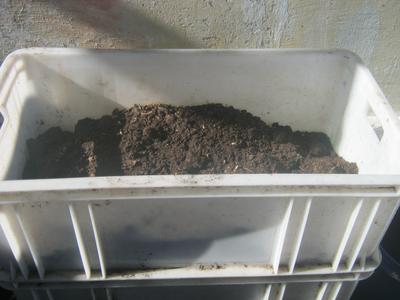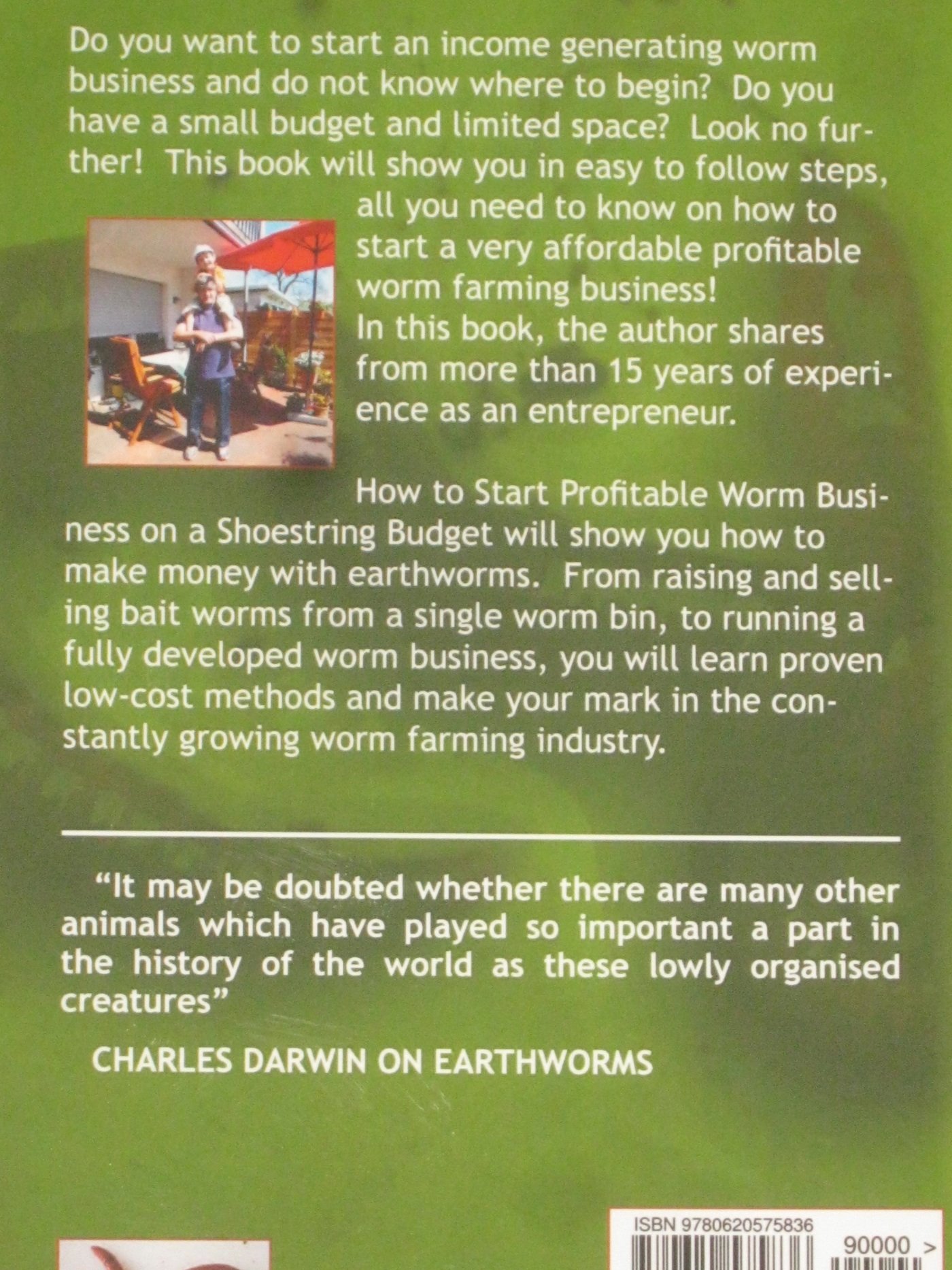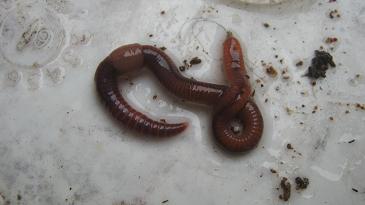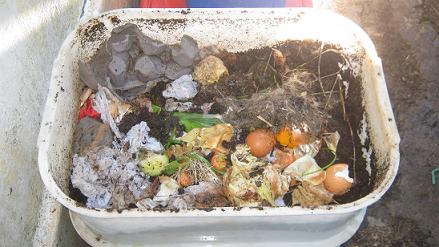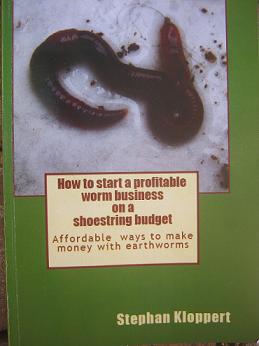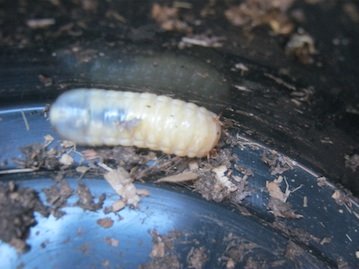Humanure composting questions
by Delisa Renideo
(Wasilla, Alaska)
Hello!
I have been composting our humanure for 10 years, using Joe Jenkins system with outdoor bins.
I'm just getting started with vermiculture and am interested in composting our humanure with the worms as it seems like it would be quicker and provide a better product.
I'm wondering if anyone you know of is doing this, and what their system is. I am also wondering about any research on pathogens that might remain in the worm castings and if there is a way to get it tested to be sure.
I would like to use this vermicompost on our vegetable garden - not just ornamentals or fruits trees --
I would prefer not to wait 2 years to use my vermicompost if I can have the castings tested to find out it is safe. Do you know how to get it tested?
Thank you very much! I hope more people will begin to compost their humanure as it is not only a huge waste of water but also a huge waste of nutrients to flush it down the toilet.
Delisa
Wasilla, Alaska
Comments for Humanure composting questions
|
||
|
||
Search / Suchen
On SPECIAL
"How to start a profitable worm business on a shoestring budget
Order a printed copy from "Amazon" for only
$11.95
or a digital version from the "Kindle" store for only
$4.95
Prices valid till 31.12.2025
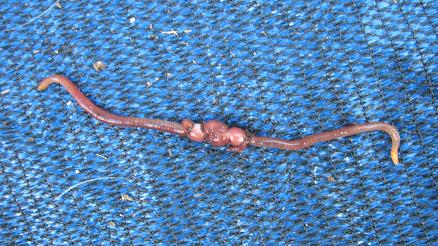
Our New Book
Order the Kindle E-book for the SPECIAL PRICE of only
$3.95
Prices valid till 31.12.2025!
